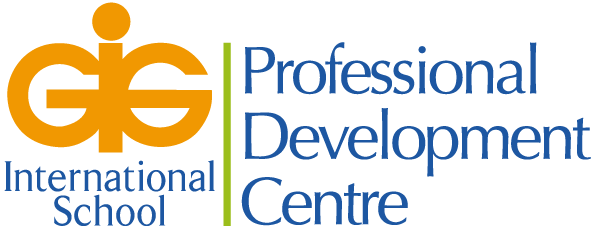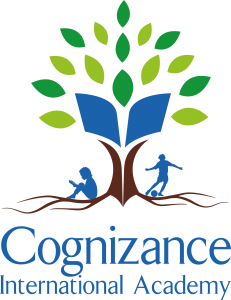Cambridge International Certificate in Teaching and Learning is a 4-month part time course for interested individuals who holds any recognised Certification, Diploma or Degree; and currently involved in any form of teaching or training activities; who wish to be qualified teachers/ tutors/ trainers.
This covers 3 units:
-Understanding Principals of Learning and Teaching
-Teaching an Effective Lesson
-Facilitating Active Learning Through Effective Teaching
Activities include lectures, tutorials, presentation, forum discussions and classroom practice and assignments.
It does not only help you to learn how to design and implement your own module but gives you tips and guidelines on how to become a good and marketable trainer as well.
This programme is a Certificate at Professional Level and will definitely upgrade your professional portfolio. It is directly accredited by the Cambridge Assessment International Education (CAIE, UK).


